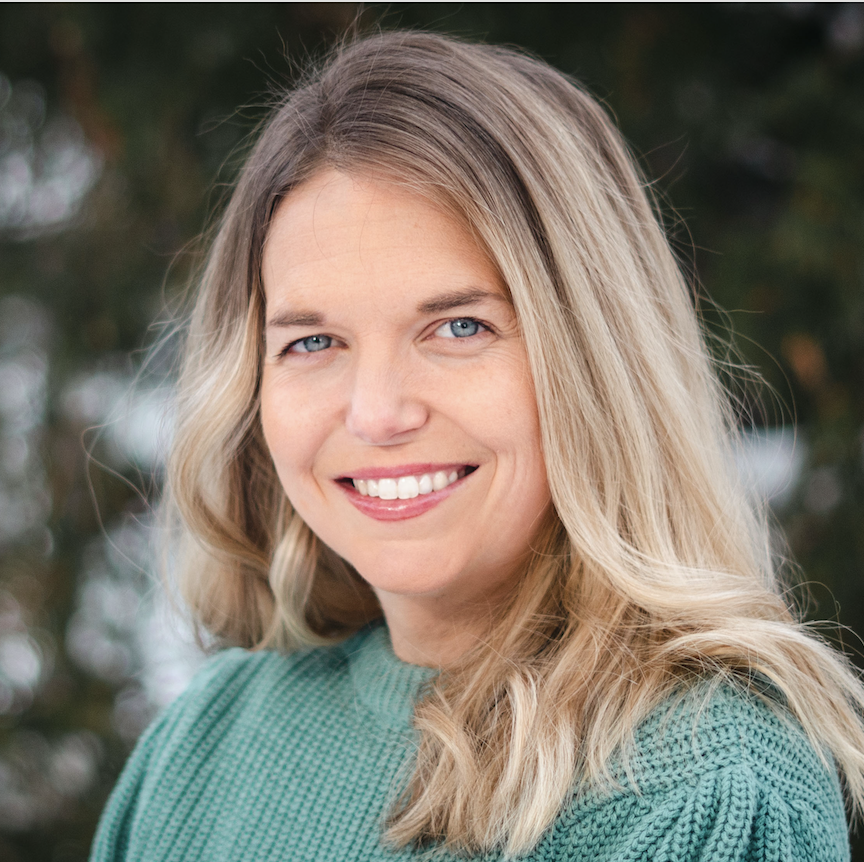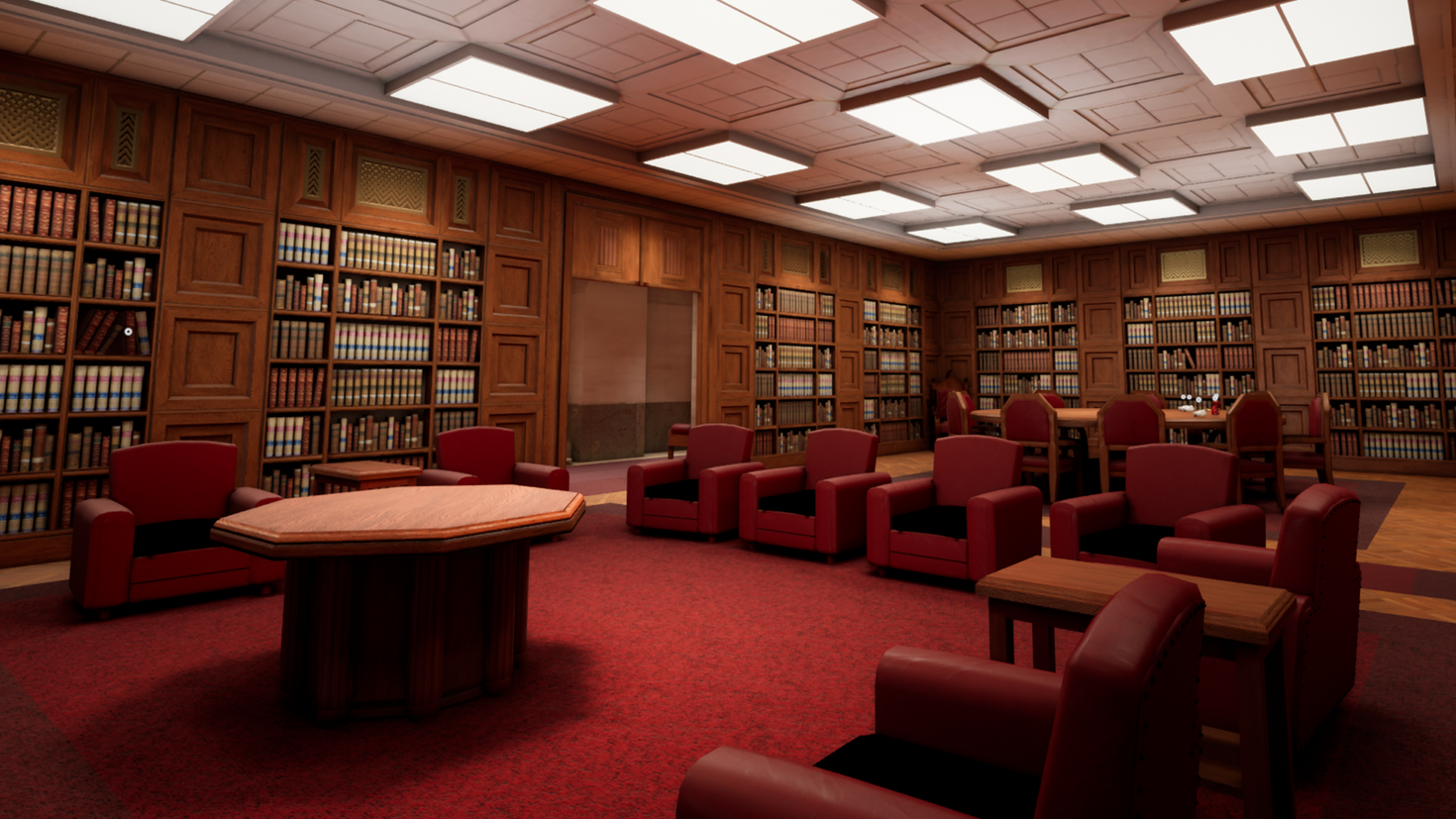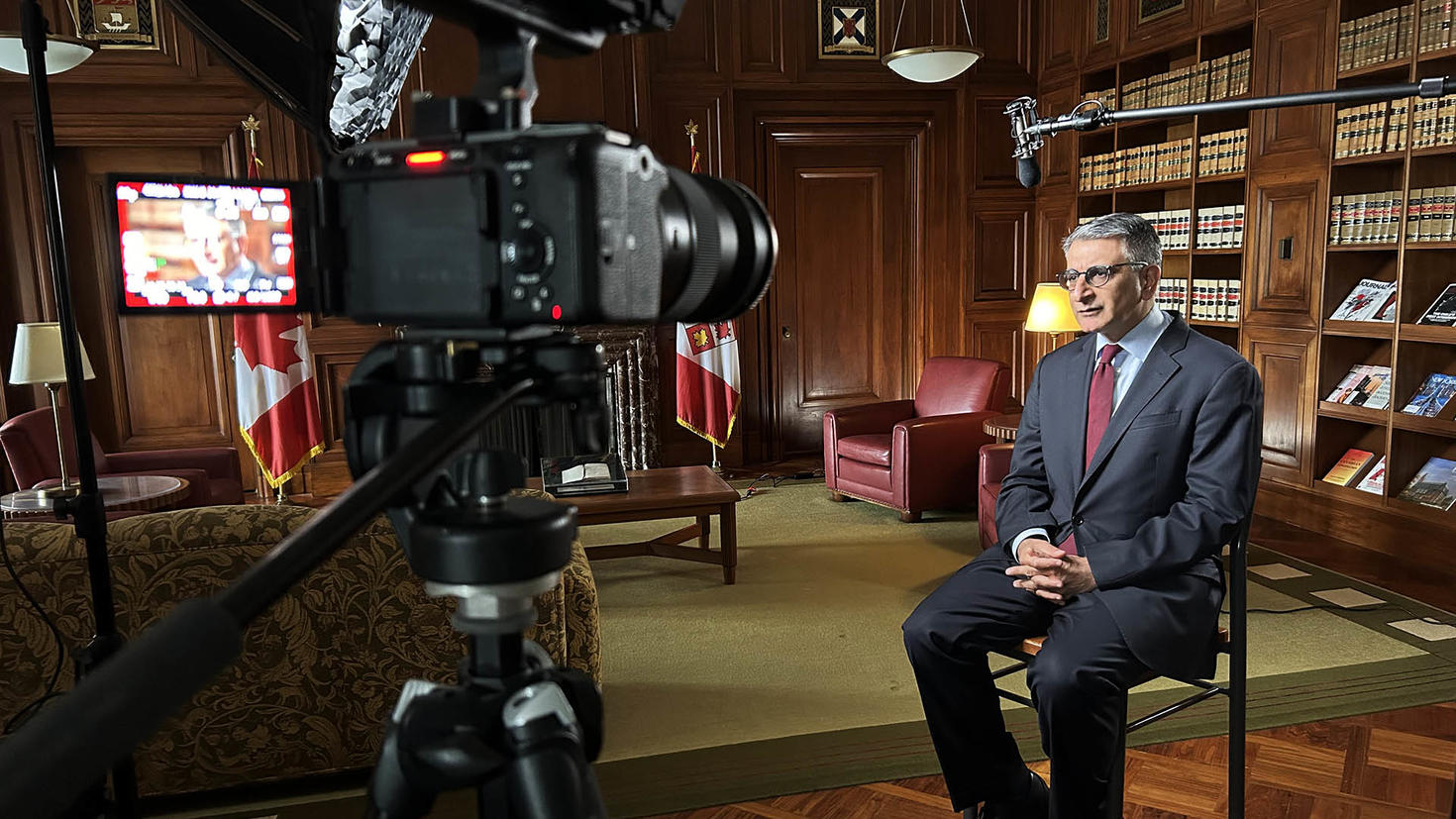To make these rules more tangible, the University of Ottawa and its Faculty of Law are launching Supreme Court Experience, a new way to discover the country’s highest tribunal. Free, accessible online and available in English and French, this educational project has two components: Echoes of the Court, an immersive video game, and the “docu-course” Keys to the Court, a learning platform combining short documentaries and interactive tools.
The project, marking the 150th anniversary of the Supreme Court, reminds us that the law isn’t just for the experts — it embodies the rules of the game that underlie our democracy.
Discovering law through games
It all started with an innovative, indeed, brand new idea: introducing the Supreme Court of Canada to high school students through a video game and making it accessible through the stories of those who are part of it.
For over two years, 20 or so collaborators of different backgrounds have been working on the project. Étienne Trépanier, director of Pedagogical Innovation and Legal Knowledge Mobilization, part-time professor, lawyer and one-time videographer; Thomas Burelli, professor and lawyer passionate about video games; Iphigenia Symeonidis, educational technology specialist; Alexandre Lillo, UQAM professor; Julie Corbeil, veteran documentary filmmaker; and Affordance Studio, designer of video games, bring six worlds, six languages and a shared goal: to make the law accessible and bring it to life.
Law and engineering students have also contributed to this venture, helping design the game and create digital content. For Trépanier, uOttawa student participation is fundamental to the initiative. “It’s for youth, but also by youth.”
Together, the team members have learned to combine legal rigour, visual narratives, educational objectives and game mechanics. While the creators were discovering the law, the jurists were rethinking their way of discussing it.
From these exchanges emerged Echoes of the Court, an immersive game where players wander through the Supreme Court looking for “echoes,” fragments of testimony of those who’ve passed through it.
For Burelli, the idea was to turn learning into an experience: “Players discover the court by going on an adventure.” Spoiler alert: The majestic building will make many put their mission on hold to explore the surroundings. Who are those people depicted by the busts? What do you see from the judge’s bench?

“Players discover the court by going on an adventure.”
Thomas Burelli
— Professor of Law, Civil Law Section
The project took form as a demonstration of what Trépanier advocates for: the democratization of knowledge of the law through breaking down the silos between disciplines. “I think we have to free law from its stylistic straitjacket and dare to try new approaches. By embracing the power of visuals and multimedia, law becomes a place of open and accessible dialogue for all,” says Trépanier, who also describes himself as an orchestral conductor surrounded by leading virtuosos in their fields.

“By embracing the power of visuals and multimedia, law becomes a place of open and accessible dialogue for all.”
Étienne Trépanier
— Director, Pedagogical Innovation and Legal Knowledge Mobilization; part-time professor
From the outset, Trépanier and Burelli received unconditional support from Marie-Eve Sylvestre, then dean of the Faculty of Law, Civil Law Section, and current president of uOttawa: “The video game and docu-course are just the first step. The key part starts now: approaching communities, circulating these tools, expanding this experience to other democratic institutions and increasing the presence of justice where it comes to life: in the classroom, dialogue, human experience.”
Docu-course: The court on a human scale
Along with developing the game, the Jurivision has developed a “docu-course,” Keys to the Court, a learning platform combining short documentaries and interactive tools on the workings of the Supreme Court, as well as its history and impact on Canadian society.
Keys to the Court presents intersecting perspectives: judges weighing their decisions, lawyers speaking for their clients and people whose lives have been affected by a judgement, but also academics analyzing what these trials reveal about our society. Watching the shorts offers an intimate experience of a court whose judgements reflect the world in which we live.
The shorts were produced from material shot all around the country, from Halifax to Victoria, to capture the various stories. Five of the 50 shorts produced give voice to citizens who took their cases all the way to the Supreme Court. Five stories covering their issues, their experiences with the legal system and the consequences of their experiences for them, their families and their communities. Five ways to understand justice and its stories on a human scale.
“The judgements stem from a deeply personal dialogue,” says director Corbeil, who discovered through hundreds of hours of interviews not only the different aspects of the court, but also its sensitivity, openness and humanity. “I hope that what youth take away from these shorts is that justice is not an abstraction, but the reflection of a constant dialogue among people together looking to do what’s right.”

“I hope that what youth take away from these shorts is that justice is not an abstraction, but the reflection of a constant dialogue among people together looking to do what’s right.”
Julie Corbeil
— Documentary filmmaker
Chief Justice Richard Wagner sharing his wish as a concerned grandfather “to leave a just Canada to (his) grandchildren,” lawyers talking about the pressure of pleading their case or citizens looking back on the exact moment when their case changed their lives are eloquent examples of this.
From the university to the extended family of education, Keys to the Court makes a lasting connection between knowledge, experience and citizenship.
A project with appeal
For Trépanier, this project on the Supreme Court is just the beginning. With the support of the Department of Canadian Heritage, provincial bars, foundations and many partners in the legal world, the project has shown the strength of an interdisciplinary approach: the institutions that are central to our democratic life deserve to be spotlighted for their knowledge, creativity and innovation.
The two points of entry into the court — the Echoes of the Court game and the Keys to the Court “docu-course” — form an entirely new ecosystem, designed to bring the public closer to an institution essential to democratic life.
“We often have the impression that the Supreme Court is an institution that deals with major issues, far from the reality of daily life,” says Nicolas Monet, a content producer, researcher and script writer for the project. “The project shows, to the contrary, how much its decisions influence Canadians’ lives in practical terms and the importance of understanding what happens at the court.”
The next step? Sharing the experience. The team would now like to work with organizations involved in legal education and school boards to develop teaching guides for schools and make the project known in different communities across the country. It envisions other collaborations concerning institutions like Canada’s Parliament or even the United Nations.

